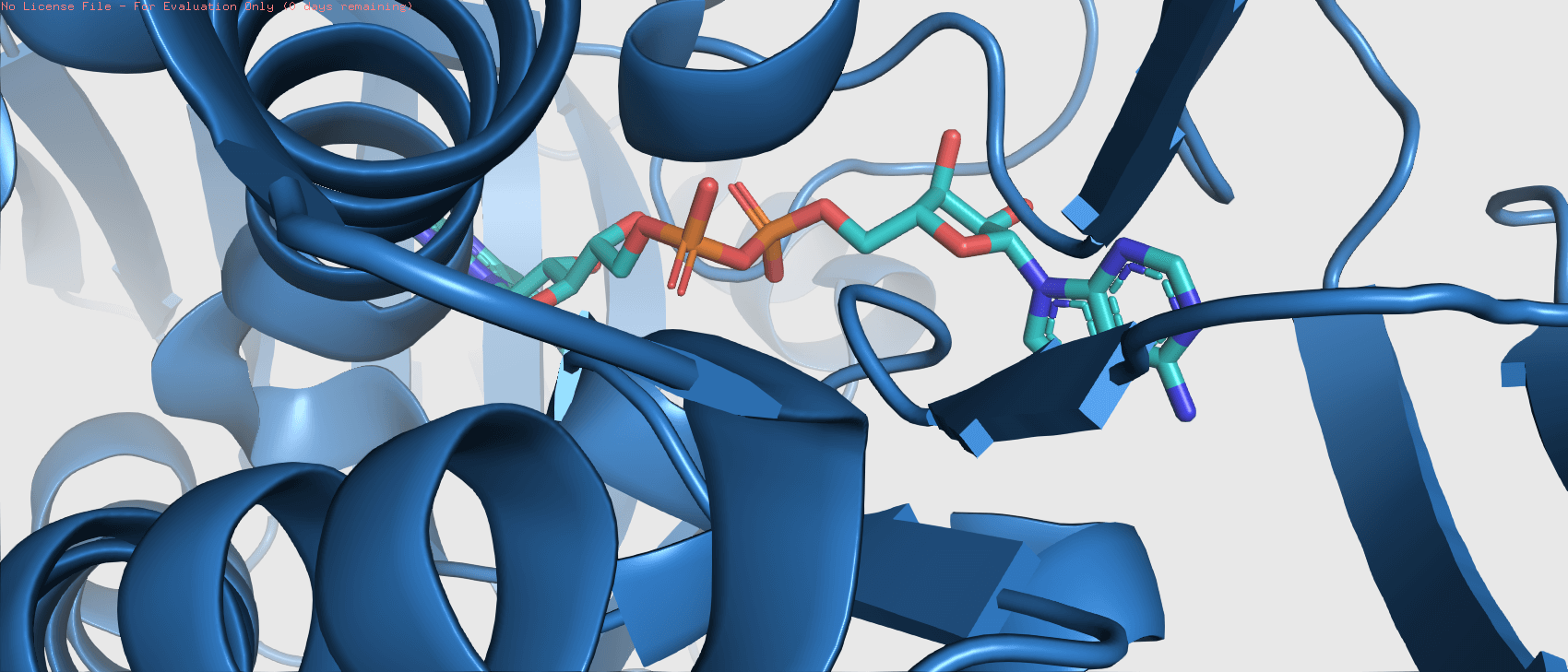The Science
KMO Inhibition
A first-in-class therapeutic approach with a strong rationale in acute and chronic inflammation
Kynurenine monooxygenase (KMO) is an enzyme localized to mitochondria inside cells that acts at a key point in the kynurenine pathway of tryptophan metabolism. KMO converts kynurenine into 3-hydroxykynurenine (3HK). Excess 3HK production is implicated in tissue damage and dysregulation of the immune system during inflammation.

KMO inhibition in inflammation
KMO and tryptophan metabolism
Tryptophan is one of the essential amino acids. Even though amino acids are usually known as building blocks for proteins in the body, only a small fraction of ingested tryptophan is used for this purpose. The rest – over 90% in healthy individuals – is broken down and converted into other molecules known as metabolites.
One of the key gatekeepers involved in breaking down tryptophan is the enzyme kynurenine 3-monooxygenase (KMO), which converts the tryptophan metabolite kynurenine into a molecule called 3-hydroxykynurenine (3-HK). Owing to their characteristics, kynurenine and many of its metabolites play multiple roles in the body, including as mediators of interorgan communication.
The role of KMO in inflammation
The kynurenine pathway is highly regulated in the immune system in particular, where it acts to suppress the immune system during inflammation or infections. At the same time, KMO is highly expressed in immune cells (particularly plasmacytoid dendritic cells, B lymphocytes, and monocyte/macrophages) as well as in liver and kidney tissue.
In animal models of systemic inflammation, the KMO product 3-HK has been shown to prime innate immune signaling, which exacerbates systemic inflammation. These findings suggest that while KMO can help maintain immune homeostasis under normal conditions, its activity can promote inflammation following certain triggers.
KMO inhibition in acute pancreatitis
Acute pancreatitis is a sudden inflammation of the pancreas that leads to systemic inflammation and even multiple organ failure in some patients. In animal models of experimental systemic inflammation triggered by severe acute pancreatitis, KMO inhibitors have shown protective effects against secondary organ damage. These protective effects appear to be mediated by decreases in the pathological levels of 3HK.
Inhibition of KMO, and the subsequent reduction in its downstream metabolites, thus appears to hold great therapeutic potential for reducing the degree of inflammation resulting from critical illness.

